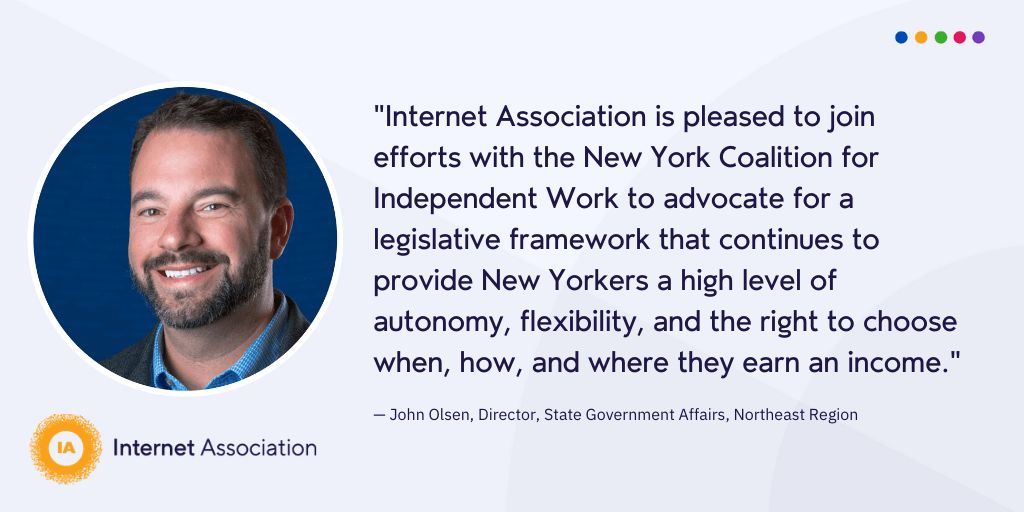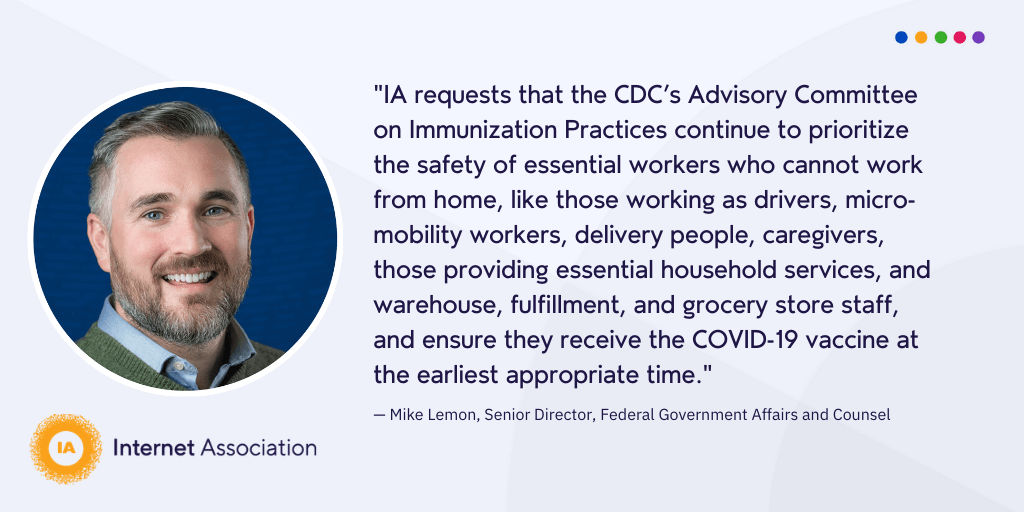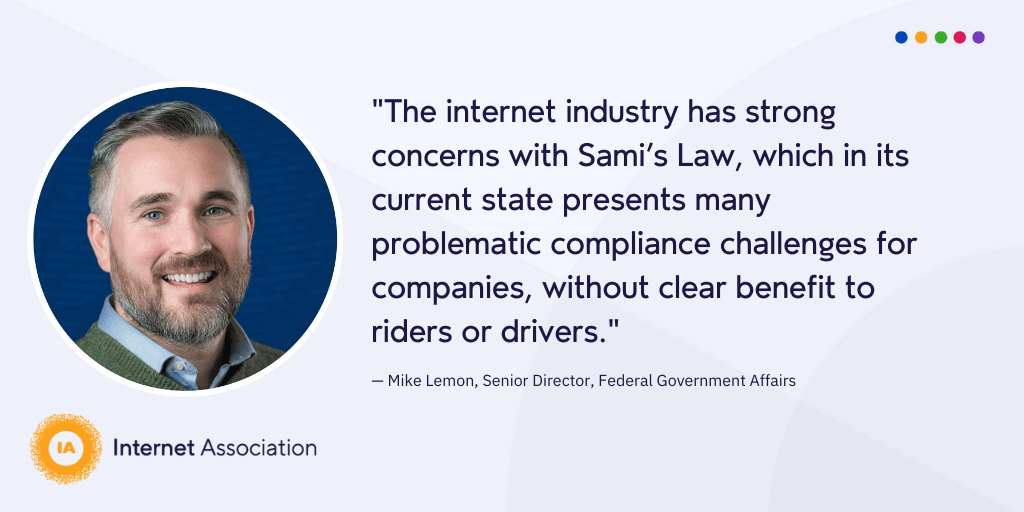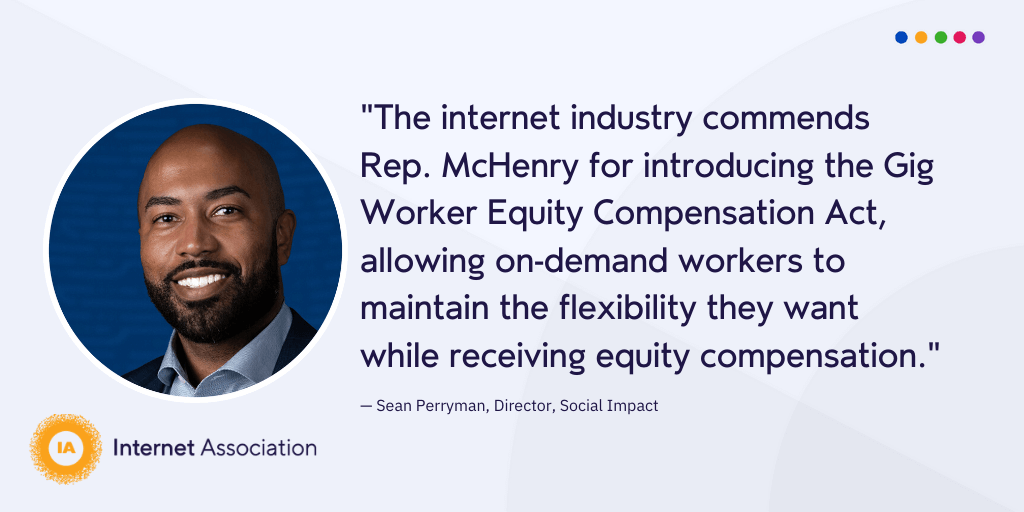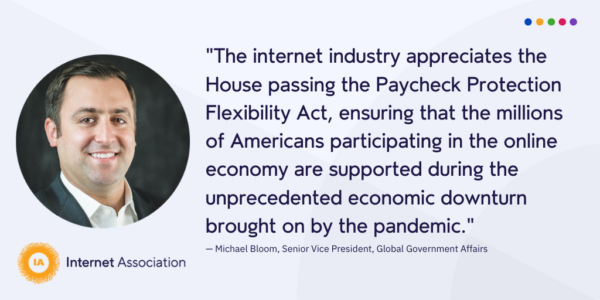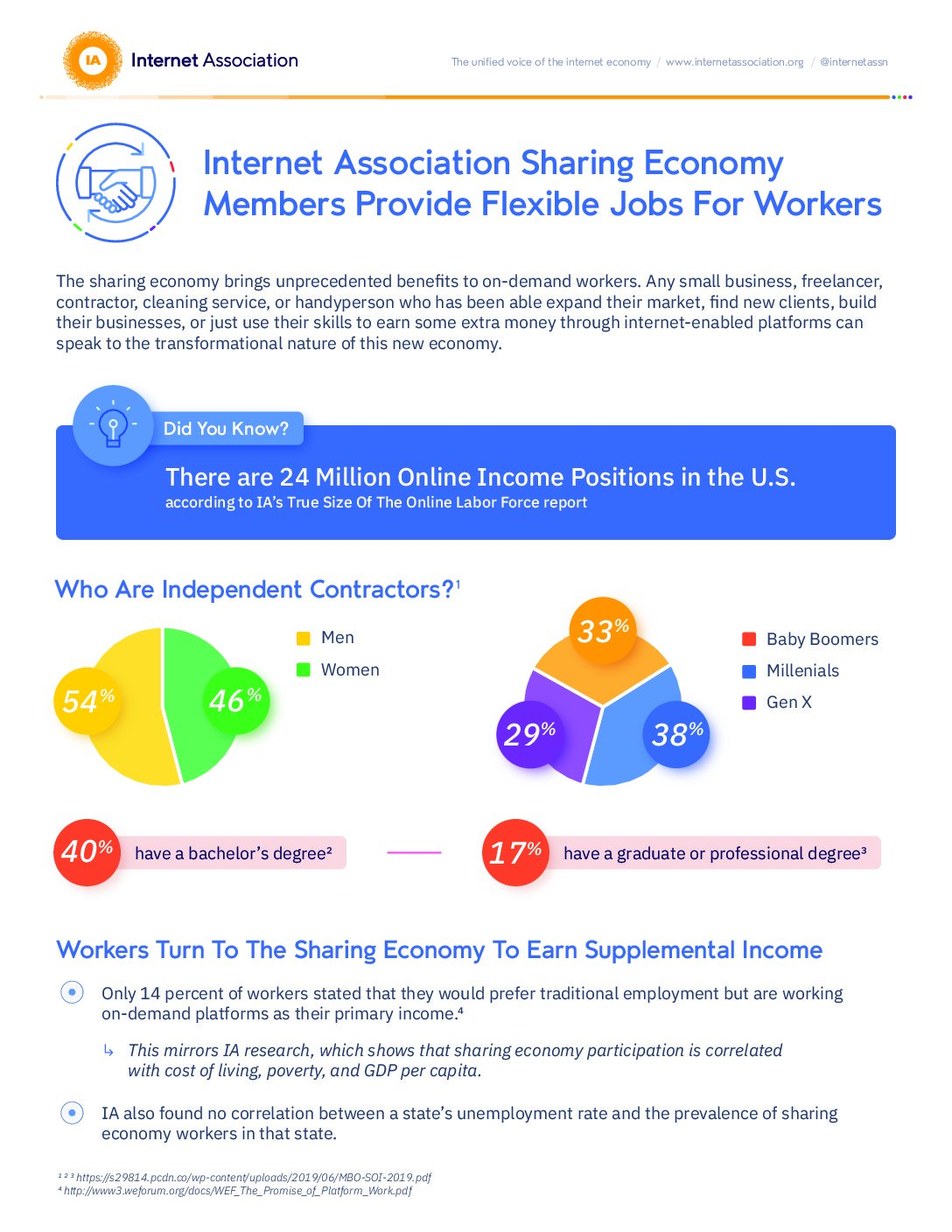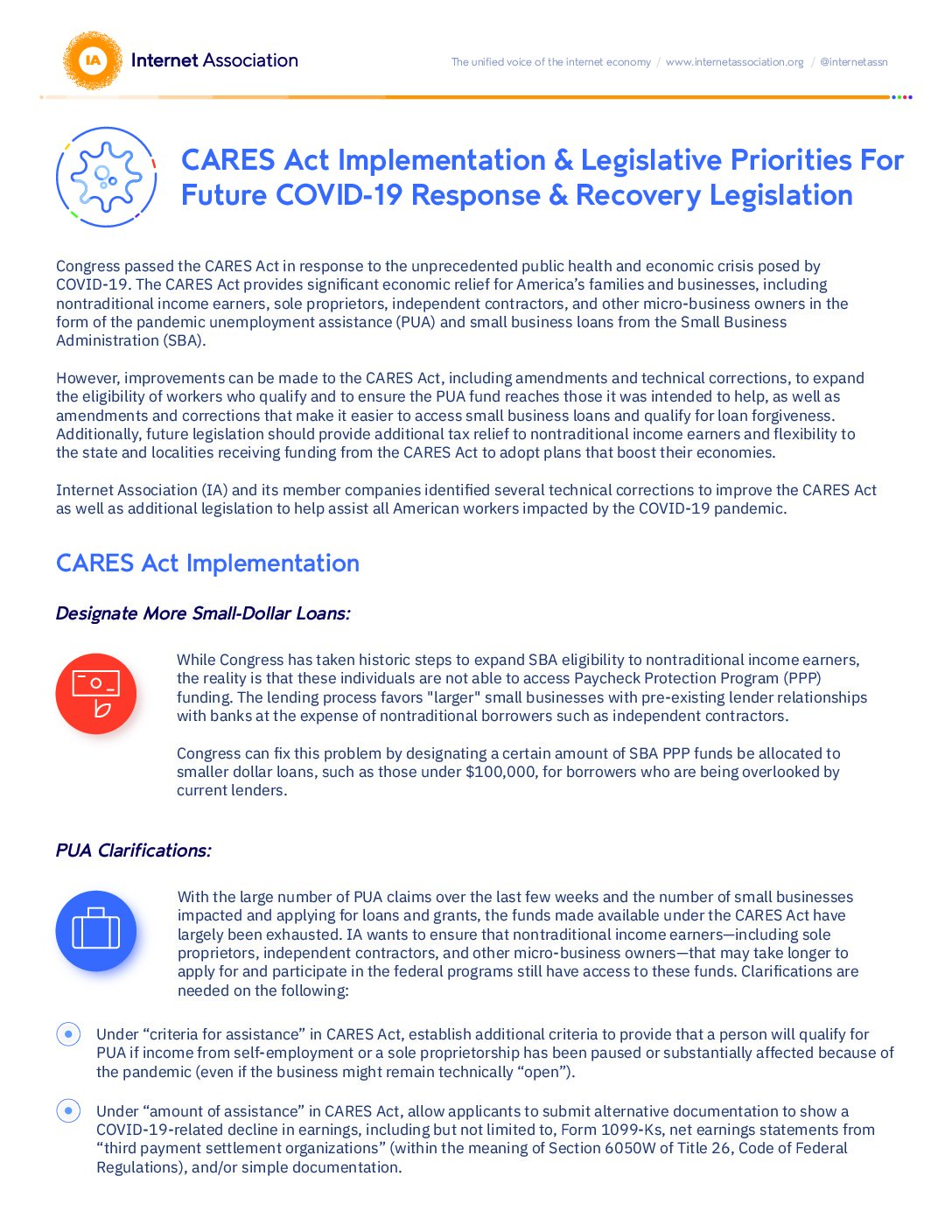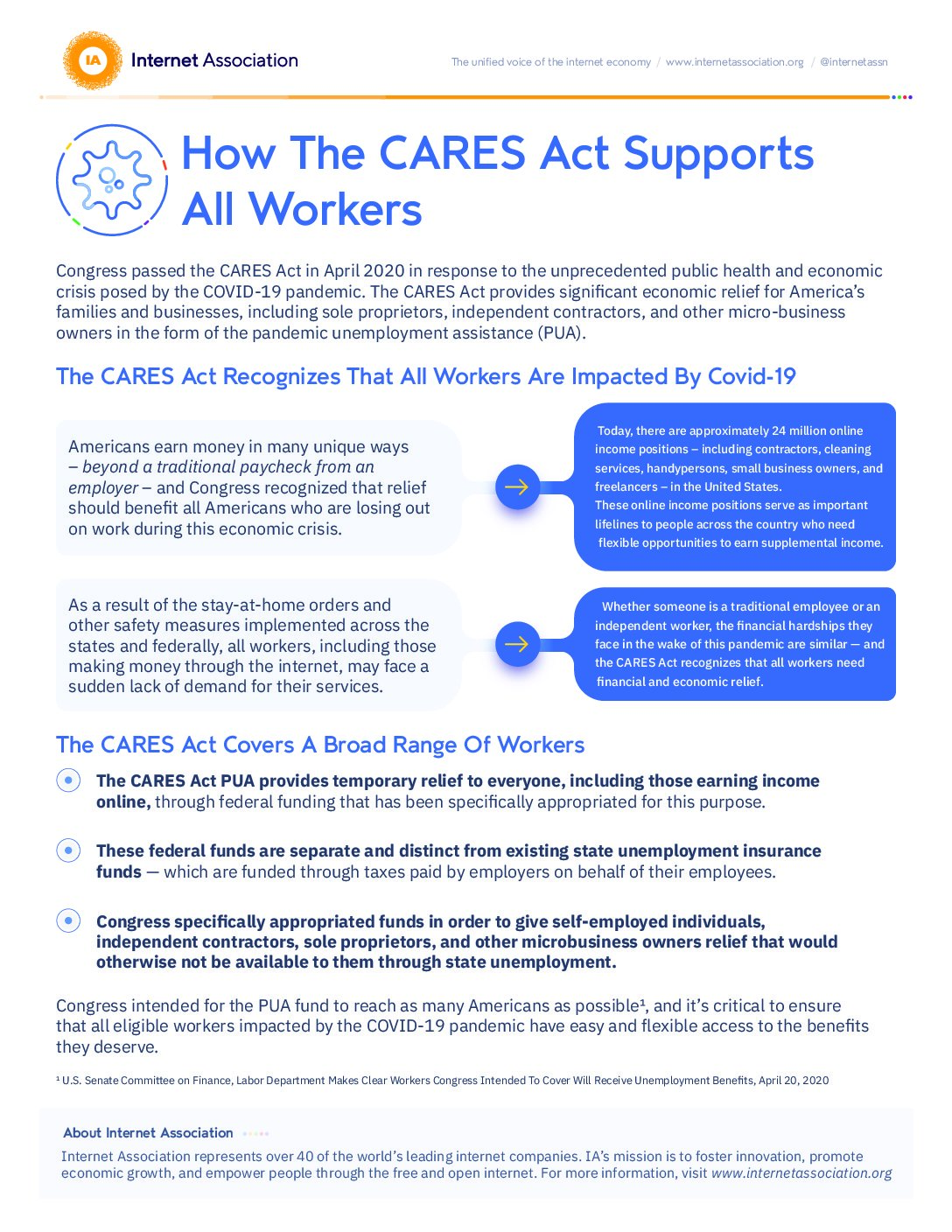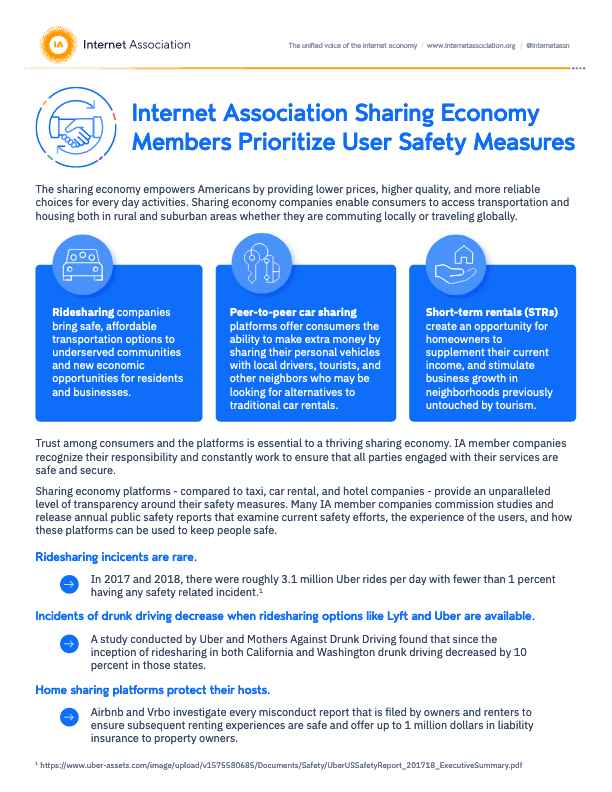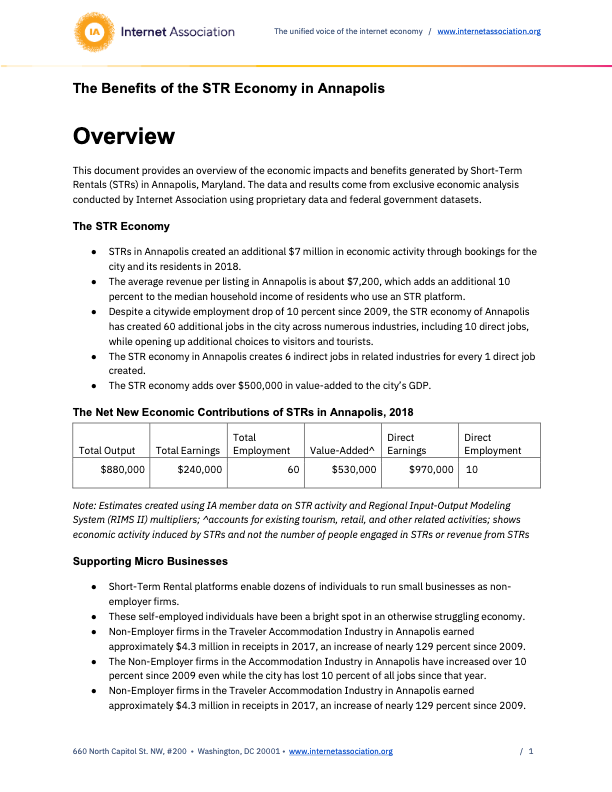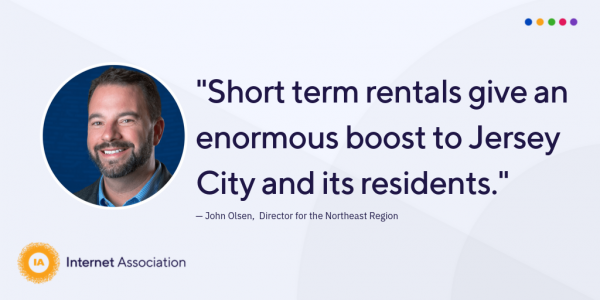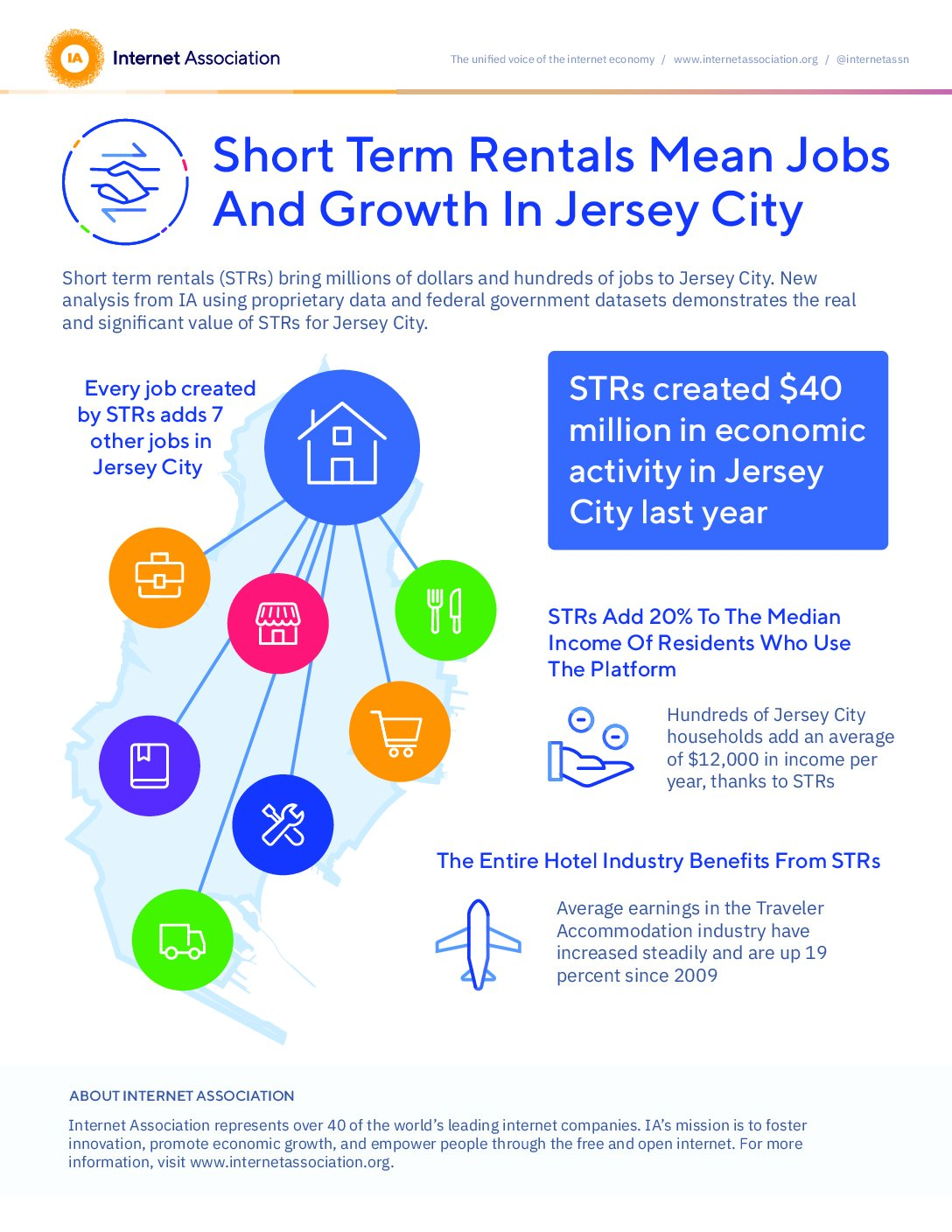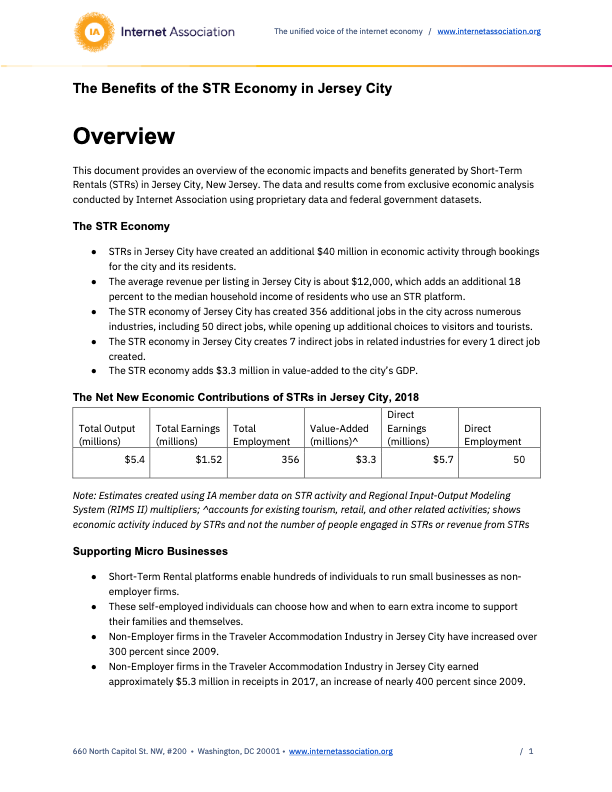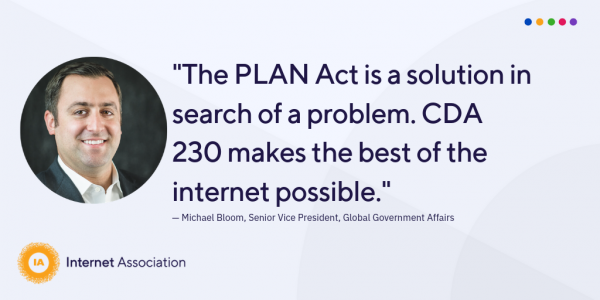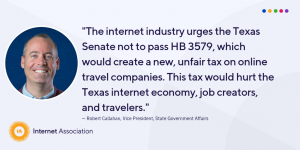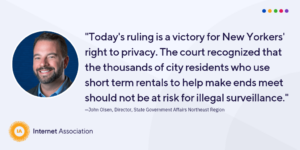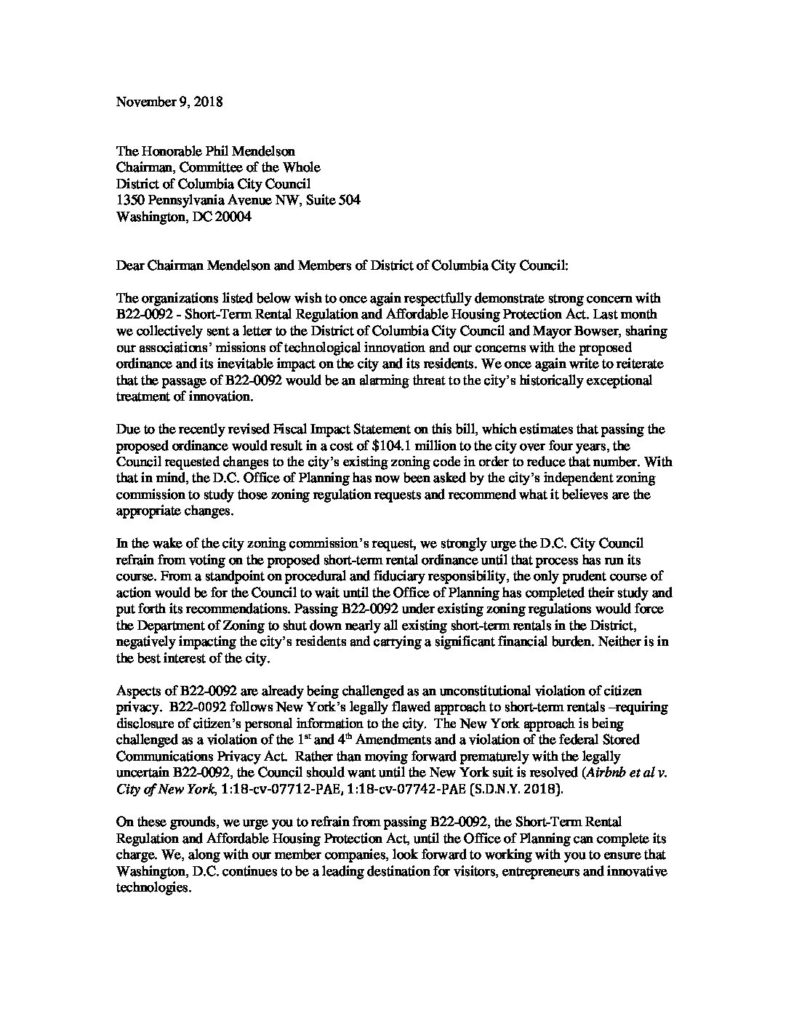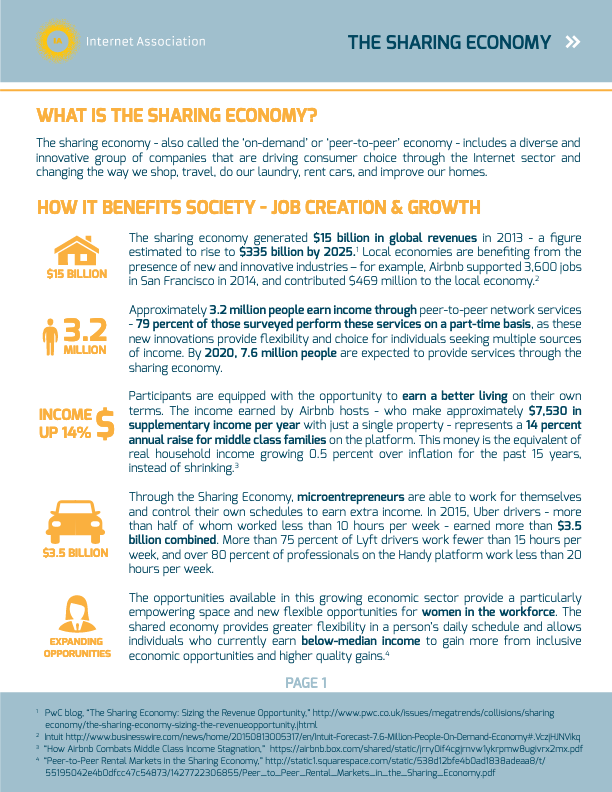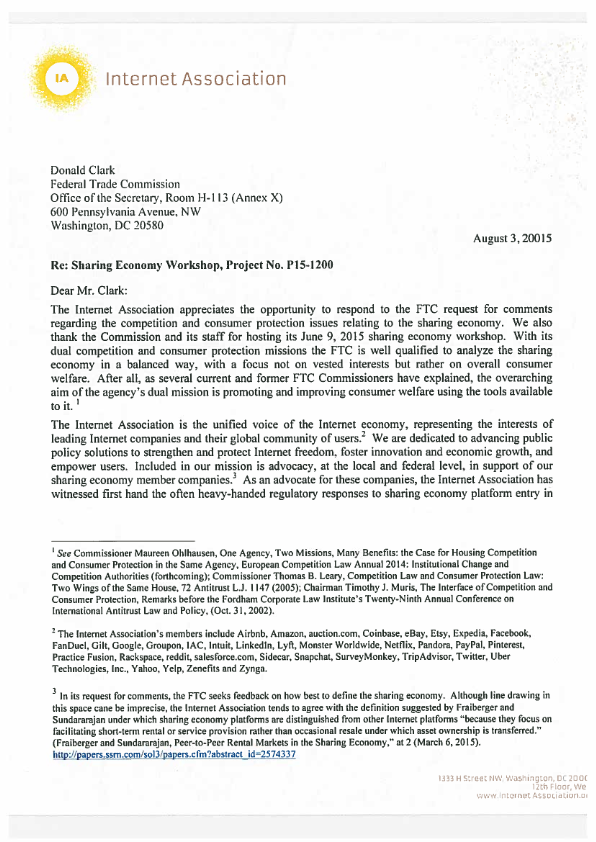The sharing economy provides Americans with the opportunity to earn money on their own terms. Individuals are able now, like never before, to be their own boss and earn money how, when, and where they want. The sharing economy also empowers consumers by providing lower prices, higher quality, unprecedented transparency, and more reliable choices for every day tasks and items. Sharing economy companies enable consumers to access transportation and housing both in rural and suburban areas whether they are commuting locally or traveling globally.
The range of platforms and services available today makes it nearly impossible to concisely define the on-demand economy, which includes the sharing economy, freelancers, delivery services, tradespeople, and more.
An IA report released in 2017 called The True Size Of The Online Labor Force provided groundbreaking analysis to help measure the online labor market at the national and state levels.
Legacy corporations for years have tried to use the legislative and regulatory process to stifle innovation and limit sharing economy startups, but it’s Americans across the country who will end up losing if these companies succeed. Policymakers must prioritize consumers and competition over entrenched corporate interests.
The internet industry believes public policy should prioritize consumers and competition over legacy corporations, and embrace the sharing economy in ways that ensure American consumers and workers can continue to benefit from internet-enabled economic opportunities.
Screening
- Maintain a zero-tolerance drug and alcohol policy for drivers to ensure the utmost protection of ridesharing passengers and other bystanders.
- Use review and rating features to assess the professionalism of riders, drivers, hosts, and renters and their commitment to creating safe experiences.
- Implement proactive security measures, including background checks of drivers and hosts, and identification verification methods.
- Increase the size of their security teams to address safety concerns and further expand upon existing safety measures for riders and drivers.
- Offer home safety preparedness training for hosts to ensure that proactive safety measures are taken prior to the rental of properties.
Partnerships
- Use deactivation sharing across the industry to prevent dangerous drivers and/or passengers from switching to competitors’ platforms.
- Partner with RAINN to provide sexual misconduct and assault education to US drivers as a preventative measure.
- Campaign with Mothers Against Drunk Driving to eliminate any excuse for drinking and driving.
- Partner with ADT Security Services to develop new in-app safety features that provide real-time customer and driver assistance.
- Partner with the National Highway Safety Association to improve bicycle delivery safety for food delivery companies.
Live Support
- Offer Ride-Check features to predict when a rider needs help if a ride has stopped too soon or for an unusual amount of time.
- Create in-app safety measures and communications including the ability to share ride information with friends or relatives in real-time, report safety incidents during a trip, text message with 911 operators, and access an in-app emergency button.
- Offer 24/7 customer support hotlines for hosts and guests staffed by people to answer concerns if they arise.
Transparency
- Offer property damage protection and liability insurance to renters and hosts in the event of a damage incident.
- Use secure, reliable online payment methods to protect transactions between parties.
- Provide secure channels to protect communications between riders, drivers, hosts, and renters.
- Publish annual reports of incidents on the platform.
